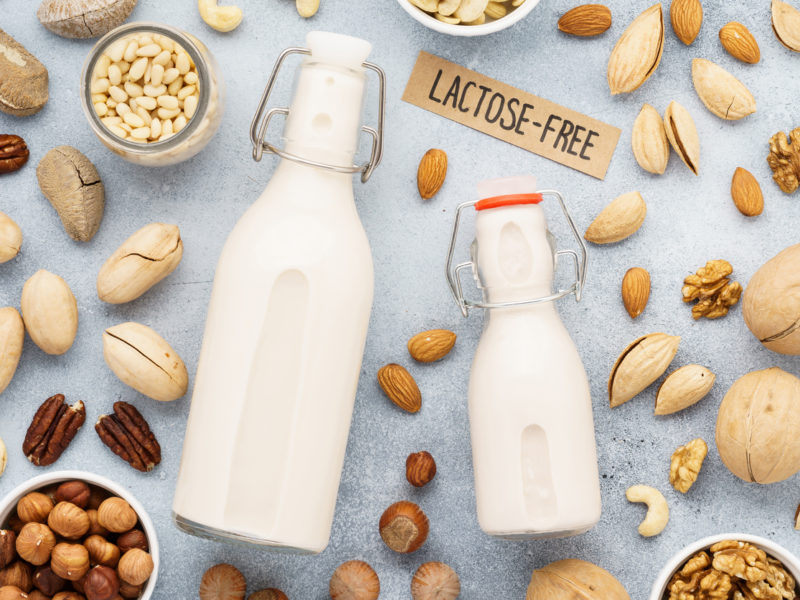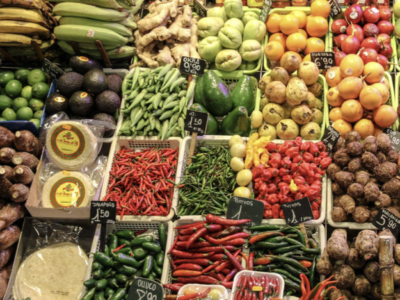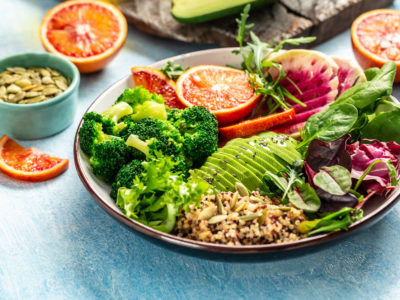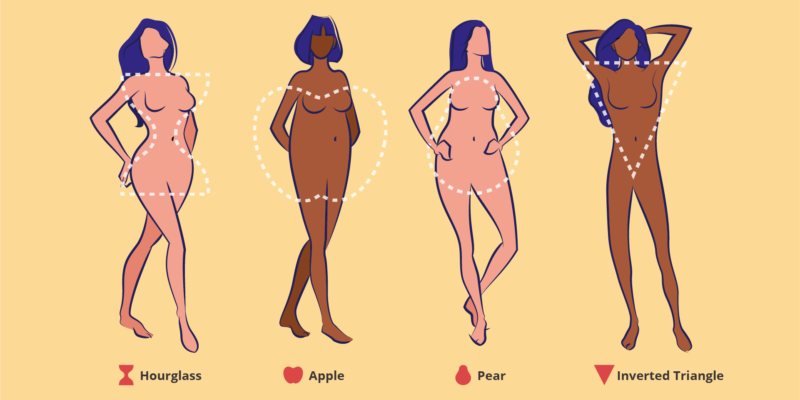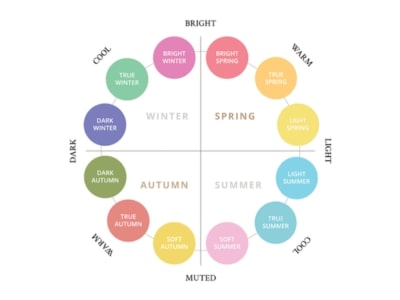Our parents’ generation thought that milk and dairy products were essential for good health throughout our lives. Now we’ve become aware that most of us don’t need dairy after early childhood and in fact a lot of us are allergic to dairy!
Recently, plant-based milk alternatives have become very popular and widely accessible. This is not surprising given that an estimated 65% of adults worldwide have lactose intolerance, which occurs when your body stops making lactase, the enzyme you need to digest the milk sugar lactose. So let’s have a look at some delicious healthier plant-based alternatives that you can make at home or buy at your local grocer.
Soy milk
The most widely available and popular non-dairy drink in India, soy milk is made out of dried soybeans and water. If you buy it in the shop, it may also contain thickeners to improve its consistency and shelf-life, like with all other plant-based milk alternatives. Soybeans and soy milk are a good source of protein, calcium (when fortified), and magnesium.
Pros of soy milk
- It can be fortified with vitamins A, B, C and E and calcium
- Has only a very small amount of saturated fat and sugar
Cons of soy milk
- Soy is a common allergen
- It can cause gastric issues
- Soy milk it is often made out of genetically modified plants, which you should avoid, so always check the label first before deciding whether to buy
Almond milk
The creamy thick texture and delicious nutty flavour of almond milk has helped it become a hugely popular plant-based milk. It is quick and easy to make – all you need is water and some raw almonds.
Check out its recipe (Link for a separate article with recipe).
Pros of almond milk
- Manufactured almond milk is fortified with calcium and vitamin D
- Low in calories and sugar, almonds and almond milk itself are high in vitamin E, which is a powerful antioxidant that has an action on inflammation body stress*
- Has a medium amount of potassium
- The taste of almond milk is very pleasant and it can easily replace regular diary milk in your morningcereal or coffee, smoothie or even in recipes for ice cream or sauces
Cons of almond milk
- It’s not a good source of protein
- Almonds contain only a small amount of calcium if not fortified
- Environmentally, it is not the best option as it requires a lot of water to cultivate
Coconut milk
Coconut milk is made out of water and the white flesh of brown coconuts. It has a creamy texture and a sweet coconut flavour. It contains one-third the calories of cow’s milk and has the lowest protein and carbohydrate content of non-dairy milks.
This milk is well known in Indian cooking as we use it for many dishes, like curries or moong dal, and in milkshakes. You can buy coconut milk in the shop or make it at home.
Check out its recipe (Link for a separate article with recipe).
Pros of coconut milk
- Coconut milk is naturally full of important nutrients, like manganese and copper
- It can be fortified to be a good source of calcium, vitamin A and vitamin D
Cons of coconut milk
- It may contain carrageenan, which can cause digestive issues in some people
- Coconut milk is not a good source of protein and it is a high-calorie food
Oat milk
Oat milk is made out of a mixture of steel-cut or rolled oats that is soaked in water, blended and strained through a cloth to separate the milk and oats. Oat milk naturally has a slightly sweet taste and is mild in flavour and easy to make at home (recipe link). It can be used in cooking in the same way as you use cow’s milk. Oat milk is high in protein and fibre, calories and carbohydrates.
Pros of oat milk
- Vegan, lactose-, soy- and nut-free
- Oat milk has a slightly sweet and mild flavour and can substitute regular milk in coffee drinks, tea, cereal, baking or smoothies
- It contains beta-glucans — a soluble fibre that improves heart health#
Cons of oat milk
- Has a lot of carbohydrates and only a small amount of protein compared to other plant-based options
- Most of the calories come from carbohydrates so it might increase the sugar level in you blood
You should try out all options, experiment with flavours and try pairing your coffee or chai with different plant-based options. A cup of coffee with a sprinkle of oat milk, and chai with oat milk and a drop of coconut milk for a more creamy texture, while cereal goes well with any of the above options.
Also, it’s worth noting that plant-based milk is much better for the environment than dairy milk. Cows produce a significant amount of methane gas which contributes to global warming, and when you factor in the land for grazing, water and feed to raise a cow, this has a massive environmental impact.
Almond milk also requires quite a bit of water too, those ways oat milk is probably the most environmentally friendly option. You can make your own choice and find your substitute for MILK, probably take that healthy and environmentally friendly option and
make your own oat or coconut milk at home!
That would be super interesting!
Read Next :
Why I Stopped Eating Dairy – and How it Changed my Life
Delicious Dairy Free Cake Recipe: Rose Water, Almonds and Pistachio Cake
And if you liked this article, sign up for a monthly newsletter. A handpicked selection of lifestyle articles delivered to your inbox.

